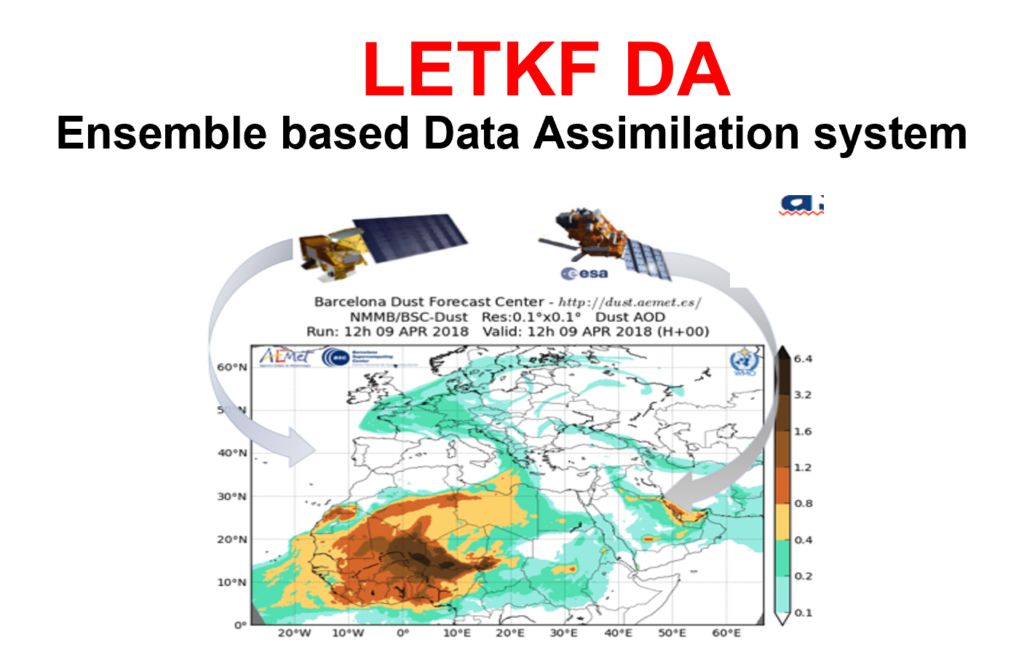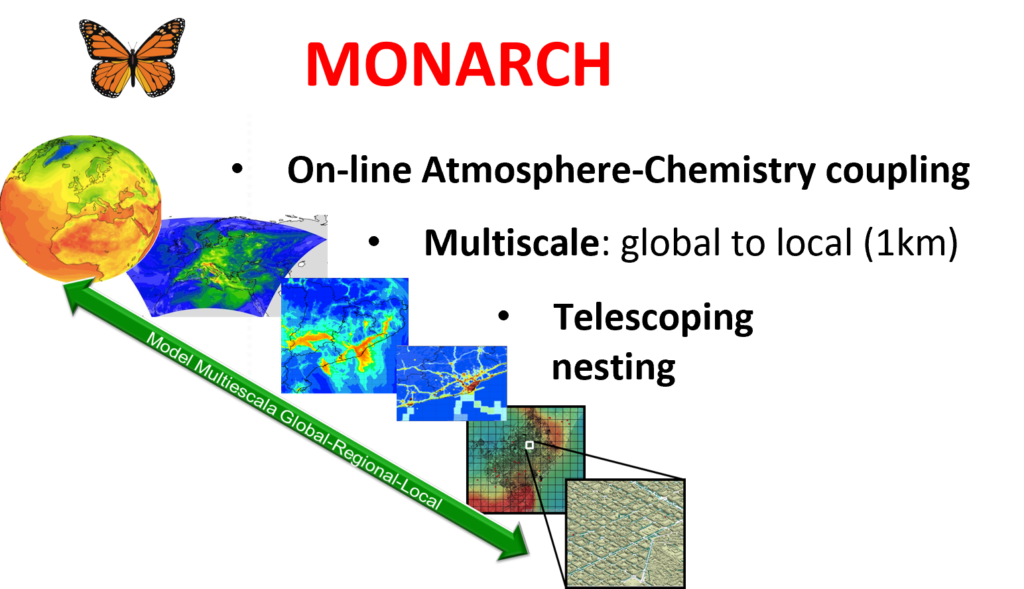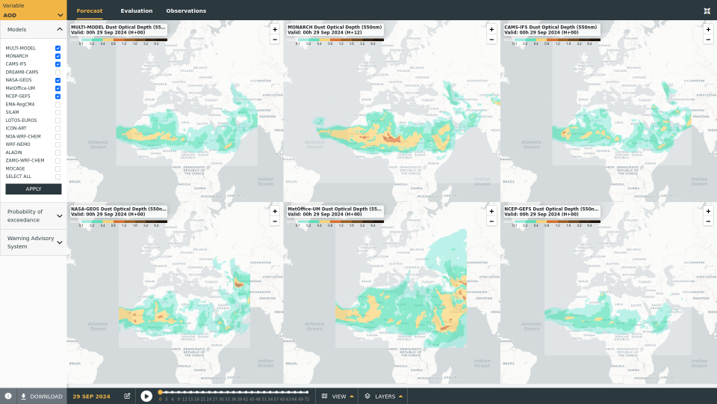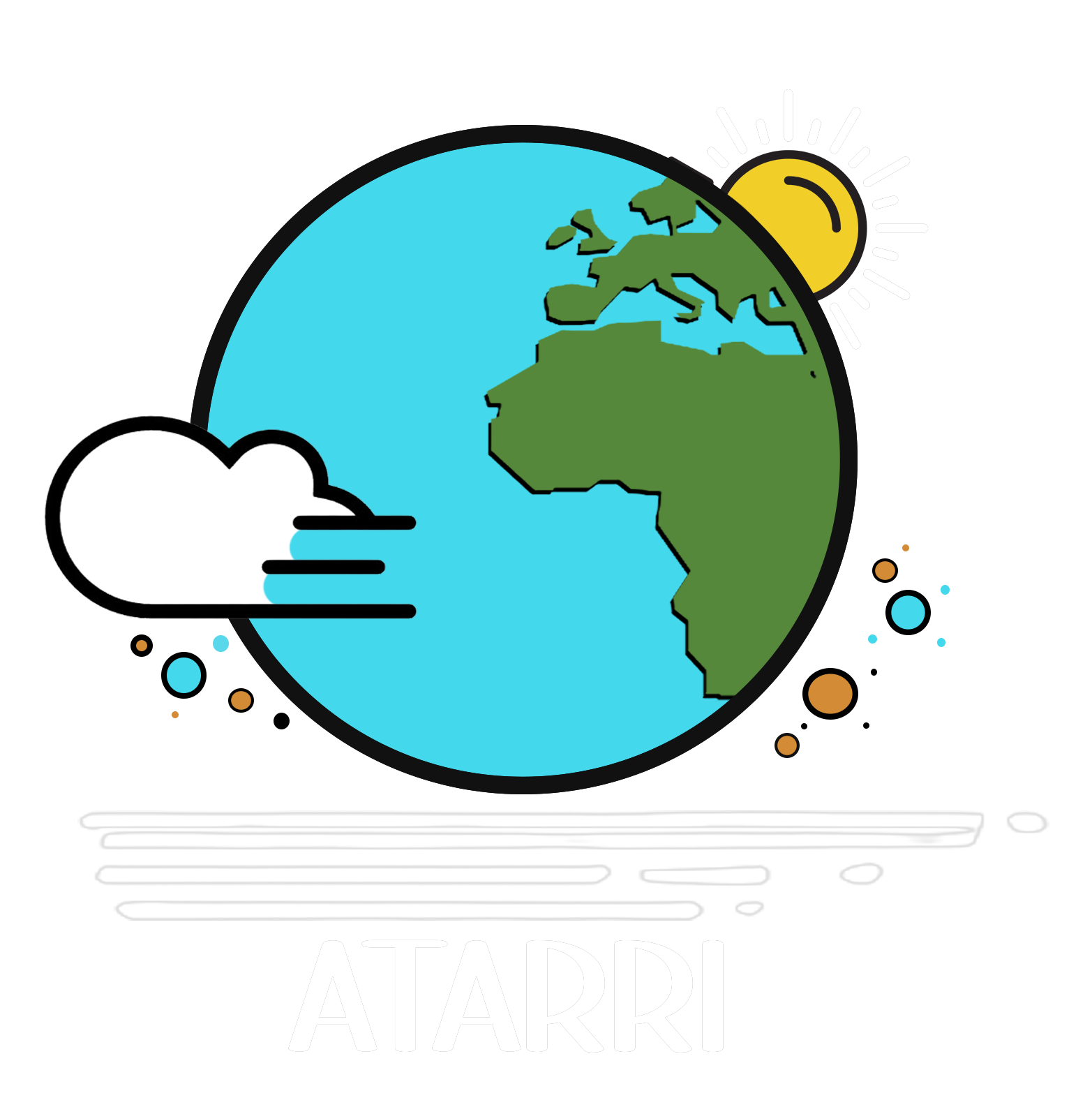Description
Description
SSD1: Dust modelling and forecasting: [BSC/CNS] (specific topic: Dust sources transport and Dust minerology)
Understanding, managing and mitigating desert dust risks and effects requires fundamental and cross-disciplinary knowledge underpinned by state-of-the-art scientific research, the availability of reliable information on dust trends and current conditions, the provision of skillful forecasts and projections tailored to a diversity of users, and the capacity to use the information effectively. At present, all these requirements are confronted by major challenges, including a poor understanding of some key physical processes controlling dust aerosols and their effects at multiple spatial and temporal scales, the lack of reliable dust information affected by dust, the uncertainties of current dust forecasts on time scales from days to a week, the severe lack of knowledge and capabilities for long-range dust prediction (from months to decades), and the limited integration of dust information and forecasts into practice and policy. A full training program on state-of-the-art dust research, modelling and forecasting to advance ECoE’s capacity is foreseen. The training scheme will focus on the capacity building of ECoE team on 1) dust sources, emission, transport, and variability across multiple time scales, 2) dust effects upon weather, climate, atmospheric chemistry, and ocean biogeochemistry, and 3) dust forecasts, and reanalysis datasets using data assimilation. This strong knowledge transfer will be provided by the BSC team.



